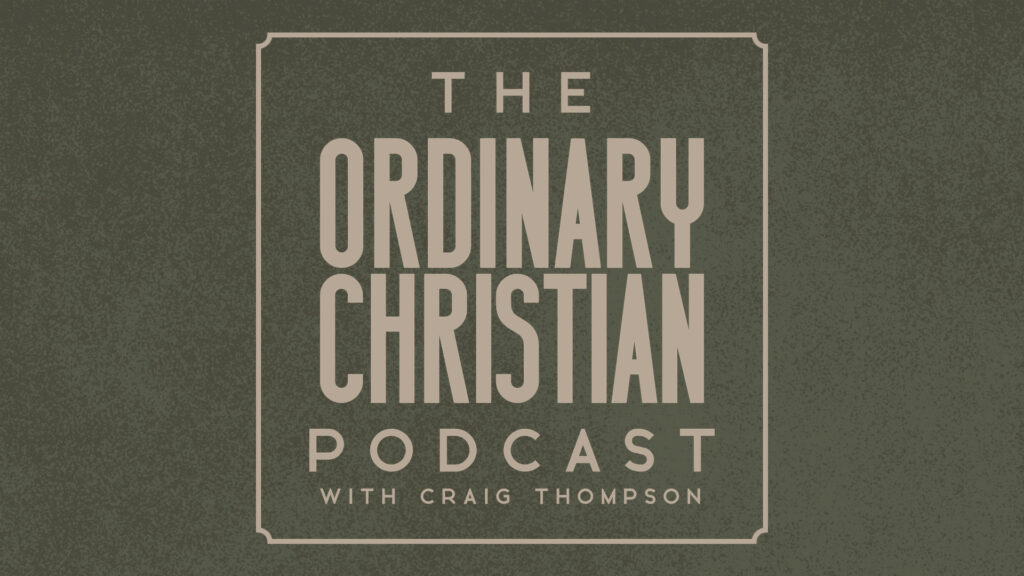Summary
Dr. Ed Uszynski discusses his new book, Untangling Critical Race Theory, and the importance of having conversations about race. He shares his personal background and experiences with race, highlighting the need for open dialogue and introspection. The conversation delves into the concepts of critical theory and Marxism, exploring their influence on critical race theory. The hosts discuss the complexities of these ideologies and the importance of grounding our understanding in biblical principles. They also address the need to confront injustices and inequalities while avoiding the extremes of Marxism. Overall, the conversation emphasizes the importance of engaging in thoughtful and informed discussions about race.
In this conversation, Ed Uszynski and Craig Thompson discuss the influence of critical theory and critical race theory on society and the church. They explore the origins of these theories and their impact on culture, politics, and social justice. They also examine the role of the church in addressing issues of injustice and the need for a biblical worldview. The conversation highlights the importance of understanding these theories and engaging in thoughtful dialogue to navigate their complexities.
Takeaways
- Open and honest conversations about race are necessary for growth and understanding.
- Understanding the historical and ideological foundations of critical race theory is important for engaging in meaningful dialogue.
- It is possible to appreciate insights from different worldviews while remaining grounded in biblical principles.
- The church must confront injustices and inequalities while avoiding extreme ideologies.
- Engaging in thoughtful and informed discussions about race can lead to healing and growth. Critical theory and critical race theory have had a significant influence on society and the church.
- Understanding the origins and impact of these theories is crucial for engaging in thoughtful dialogue.
- The church has a role in addressing issues of injustice and promoting biblical social justice.
- A biblical worldview should inform our understanding of social justice and guide our actions.
- Both the left and the right have co-opted social justice for their own agendas, but a biblical perspective transcends political ideologies.
Sound Bites
- “We need to be reminded that we don’t need to be afraid of these conversations. These conversations matter.”
- “Anywhere that Satan is hanging out, it makes sense that it’ll be a difficult conversation, a difficult topic to try to step into.”
- “We need to be willing to actually deconstruct what we’re hearing from other places.”
- “Not only did it not fail because there were government interventions to help it get through its dips the same way we have interventions today, but you had leaders that rose up and took Marx’s ideas and became tyrants with them, right? Brought atrocity to the world that the world has never seen.”
- “There’s problems with it, but it’s rooted in the truth of their intention.”
- “As a solution, and Craig, let’s stop here just for a second, because a theory in and of itself is a lens through which to view the world. It’s making an observation about the world.”
Chapters
00:00 Introduction and Background
02:12 The Importance of Conversations about Race
08:42 The Influence of Critical Theory and Marxism
18:15 Grounding Our Understanding in Biblical Principles
26:19 Confronting Injustices and Inequalities
31:46 The Need for Thoughtful and Informed Discussions about Race
33:40 The Influence of Critical Theory and Critical Race Theory
35:25 Navigating the Complexities of Critical Theory and Critical Race Theory
38:18 The Role of the Church in Addressing Injustice
40:26 Promoting Biblical Social Justice
49:38 Transcending Political Ideologies with a Biblical Worldview
Subscribe to The Ordinary Christian Podcast


